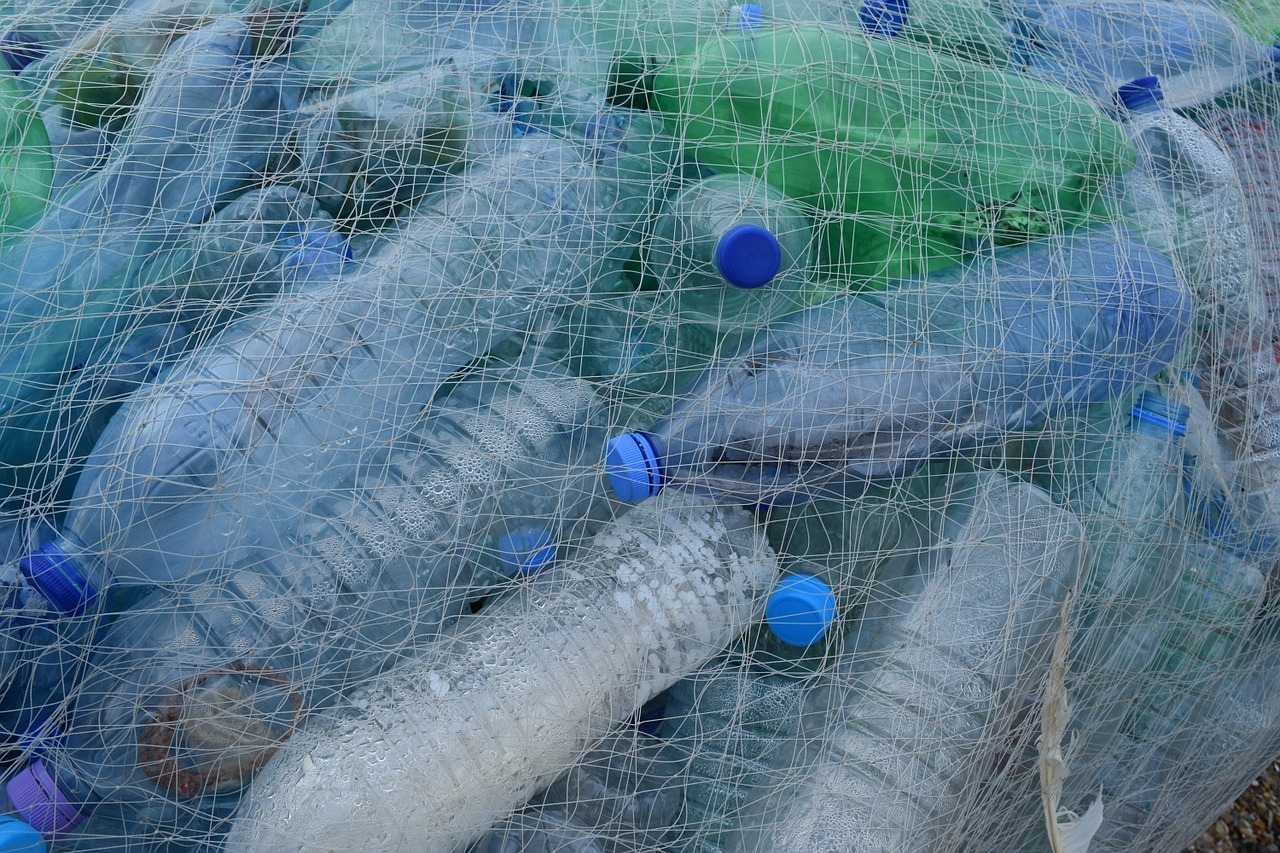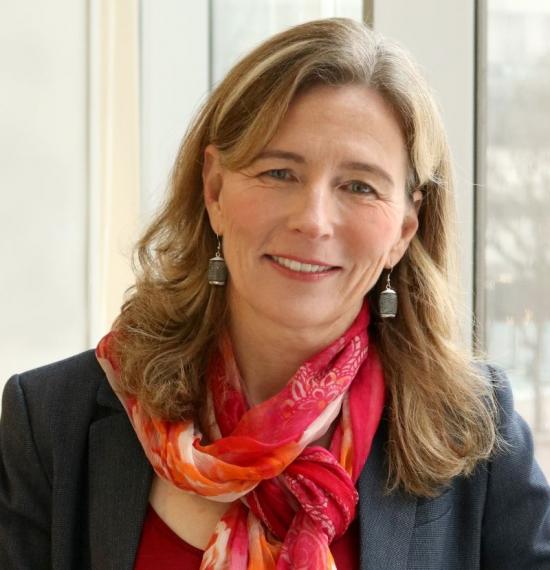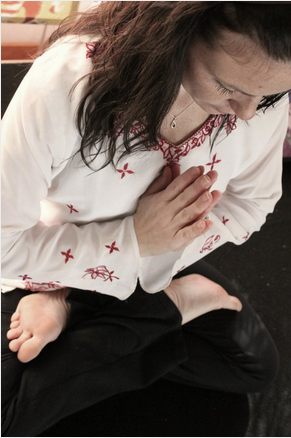
Realizing the potential of Canadian engineers to change the world
By Mary Wells
Scientists develop a knowledge and understanding of the physical universe. Engineers, on the other hand, apply scientific and technical knowledge to meet societal needs. This distinction is critical as it highlights the need to educate scientists and engineers differently — and why, as engineering deans, we focus on the problems that are most important to society when educating our students.
The emphasis in engineering courses is often on describing complex systems through mathematical and physical concepts. What is often missing, however, is the link between these engineering solutions and the impact on humanity. As engineering education leaders, we need to find a way to integrate social issues throughout our engineering curriculum so that they are not seen as a side note, but a pervasive challenge.
The United Nations 17 Sustainable Development Goals (UN SDGs) are the world’s call to action on the most pressing challenges and opportunities facing humanity and our natural world, including interconnected challenges related to poverty, inequality and climate change, to name only a few. Engineers play a critical role as technological leaders and stewards on global goals such as clean water, clean and affordable energy, good health and well-being, industry, innovation and infrastructure, for example; there is an important responsibility to address these challenges with urgency.
How can Canadian engineers make a difference? How can we bring our expertise and innovation to the world stage to help with the sustainable development goals?
One way to do this is to create connected curricula, where the boundaries between teaching and learning in different disciplines, research, outreach and community engagement start to disappear. This will ensure our students understand that the role of engineering is not just about creating the next entertaining gadget, for example, but also a means to solving water safety problems for Canada’s Indigenous communities.
Our engineering accreditation regulators also need to adapt to this new reality and provide engineering educators with more flexibility in how we teach our students, what counts as “real engineering” and allow us to expose our students to this type of thinking in an already jam-packed engineering curriculum.
Our governments also need to invest in educating more engineers. Currently Canada is one of the lowest ranking countries in terms of the percentage of its graduates who study a science, technology engineering or math. In a future dominated by climate change and finding ways to help people and societies adapt, we will need to educate people who can help to tackle these issues.
Finally, we need to broaden the appeal of engineering to a wider audience and attract people who are most interested in solving problems that improve life for people and societies. By focussing Canadian engineering efforts on the UN SDGs, we can lift our engineering profession’s collective problem-solving sights, galvanize the broader public imagination on the role engineers play in society and help realize the potential of our Canadian engineers to help change the world.

Mary Wells is the Dean of the College of Engineering and Physical Sciences at the University of Guelph. She graduated with her first engineering degree in 1987 from McGill University.








